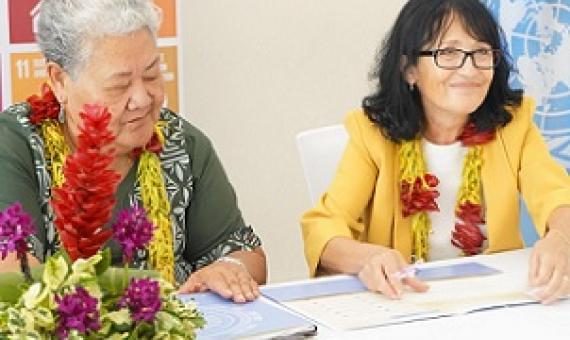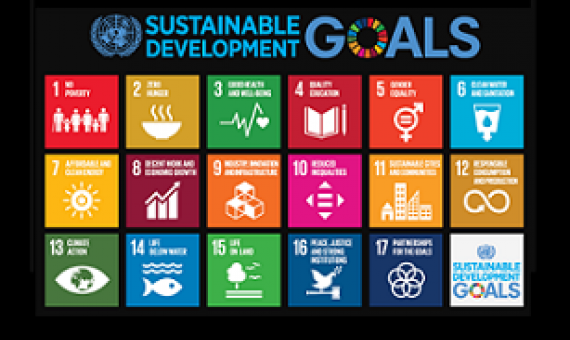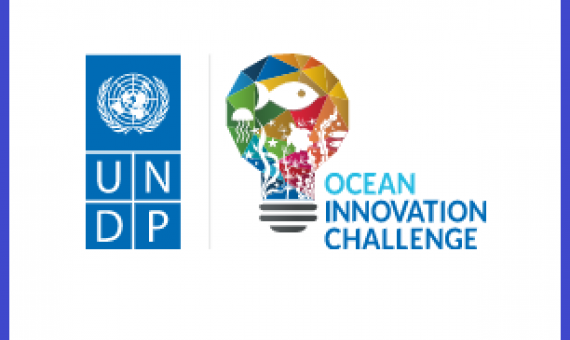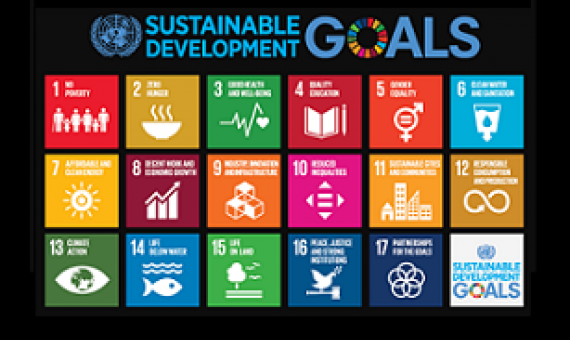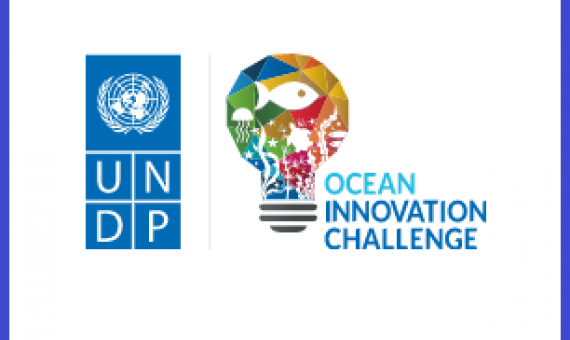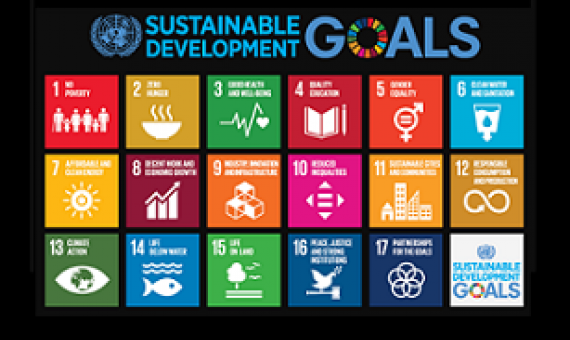Diverse values of nature for sustainability
Twenty-five years since foundational publications on valuing ecosystem services for human well-being addressing the global biodiversity crisis still implies confronting barriers to incorporating nature’s diverse values into decision-making. These barriers include powerful interests supported by current norms and legal rules such as property rights, which determine whose values and which values of nature are acted on. A better understanding of how and why nature is (under)valued is more urgent than ever.

